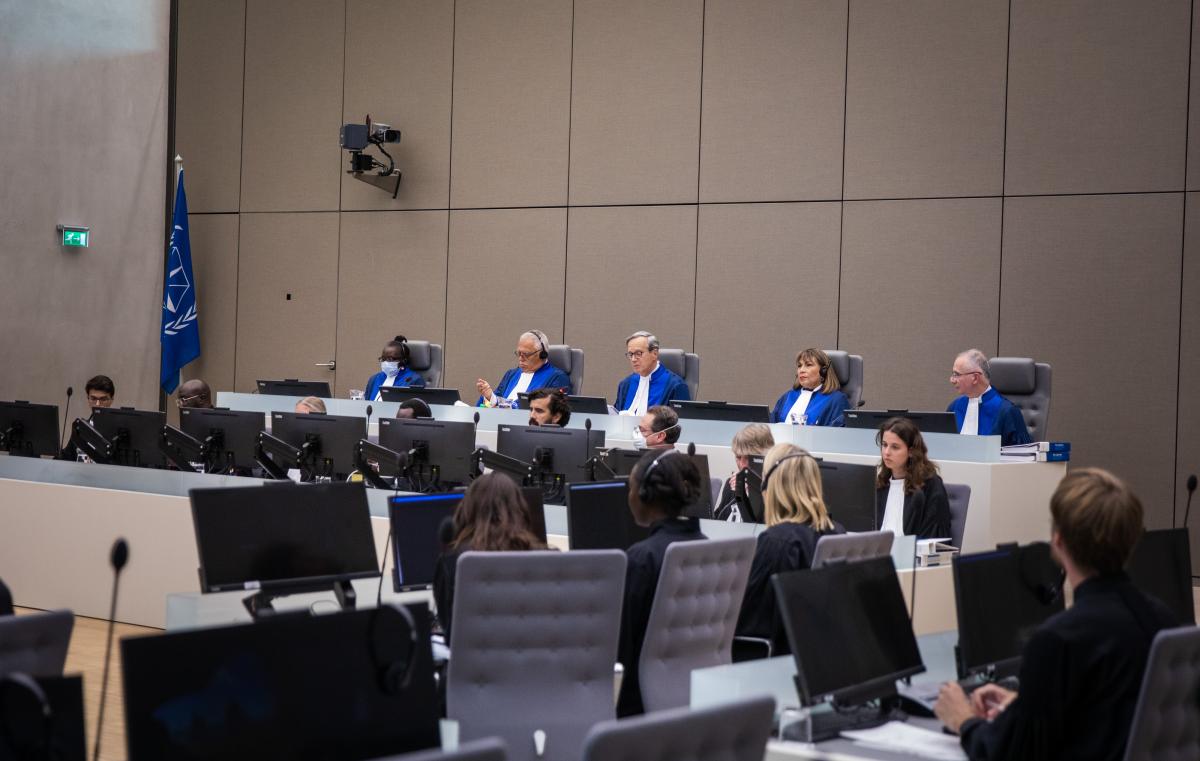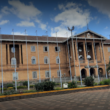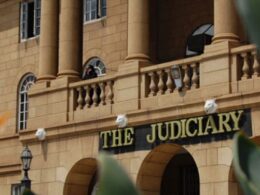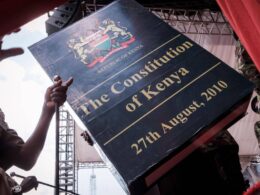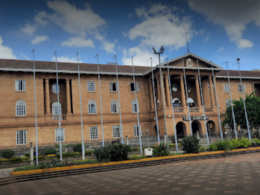By Susan Kendi
The International Criminal Court (ICC) Appeals Chamber has reversed Trial Chamber VI’s reparations order in Bosco Ntaganda’s case and directed that the Trial Chamber issues new reparations order.
In a unanimous Judgment delivered in open Court on Monday, 12 September 2022, the Appeals Chamber found that Trial Chamber had committed four errors in the order that it issued on 10 March 2021, asking that the Congolese warlord pays USD 30 million to the victims of his crimes in Ituri, the Democratic Republic of the Congo, between 2002 and 2003.
“This reparations order was made without having any concrete estimate as to one of its fundamental parameters, namely the number of victims whose harm it was intended to repair, and without ruling upon any requests of victims for reparations. It is also not discernible from the reparations order how the monetary award of 30 million USD was arrived at and, therefore, whether it is capable of appropriately repairing the harms suffered by the victims or fairly establishing the liability of Mr. Ntaganda. Furthermore, the Trial Chamber did not provide sufficient reasoning for some evidentiary issues,” the Presiding Judge Marc Perrin de Brichambaut read.
The defence had raised 13 grounds of appeal against the Trial Chamber’s reparations order; however, the Appeals Chamber rejected the remainder of the arguments.
The bench was composed of 5 judges: Judge Marc Perrin de Brichambaut, the presiding judge, Judge Piotr Hofmański, Judge Luz del Carmen Ibáñez Carranza, Judge Solomy Balungi Bossa and Judge Gocha Lordkipanidze.
In 2021, when issuing the reparations order, the trial chamber stressed that it made the decision after considering the victims’ wish not to be granted any form of memorialisation or other forms of symbolic reparations unless they serve practical purposes and their wish to receive compensation that would aim at supporting “sustainable and long-term livelihood and well-being, rather than simply addressing their needs on a short-term basis.”
“…The Chamber has thus concluded that collective reparations with individualised components are the most appropriate way of addressing the harms caused by the crimes for which Ntaganda was convicted and the long-term needs of the victims,” read the presiding judge in the reparations proceedings, Judge Chang-ho Chung.
The trial chamber VI of the ICC also added that “priority should be given to individuals who require immediate physical and/or psychological medical care, victims with disabilities and the elderly, victims of sexual or gender-based violence, victims who are homeless or experiencing financial hardship, as well as children born out of rape and sexual slavery and former child soldiers”.
The Court found Ntaganda financially incapable of paying the awards and requested that the Trust Fund for Victims (TFV) contribute to the reparation awards within its available resources and additional fundraising efforts.
Bosco Ntaganda, commonly referred to as the “Terminator”, is the Former Deputy Chief of the Staff and commander of operations of the Patriotic Forces for the Liberation of Congo [Forces Patriotiques Pour la Libération du Congo], the FPLC. He surrendered himself to the ICC in 2013, and his trial opened on 2 September 2015 before the Court of last resort. On 8 July 2019, Trial Chamber VI found Ntaganda guilty of a total of 18 counts – five counts of crimes against humanity and 13 counts of war crimes -committed in Ituri, Democratic Republic of Congo, between 6 August 2002 and on or about 31 December 2003. In a sentencing judgement delivered on November 2019, the Trial Chamber VI sentenced Bosco Ntaganda to 30 years in prison. Two years later, the appeal chamber confirmed the trial chamber’s conviction and sentence. This is the longest prison sentence ever handed down by the ICC. Ntaganda’s case is also the first in which the Court has convicted a military commander for rape and sexual slavery against his troops.
Read more:
Judgment of the Appeals Chamber:
Summary Judgment:
Reparations Order of Trial Chamber VI :
Sentencing Judgment by Trial Chamber VI:





